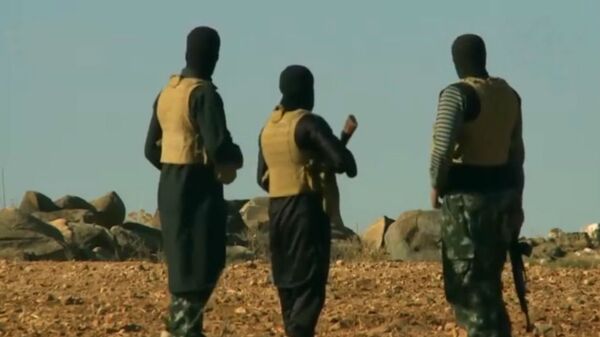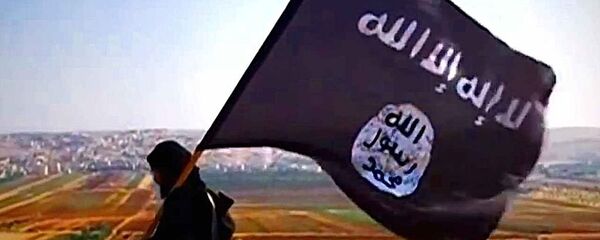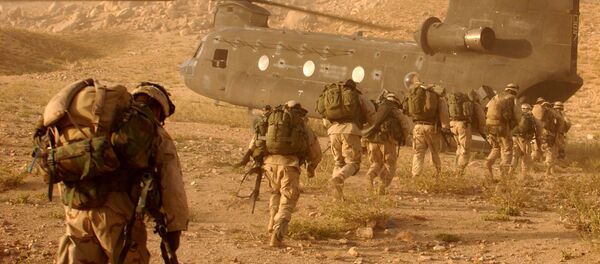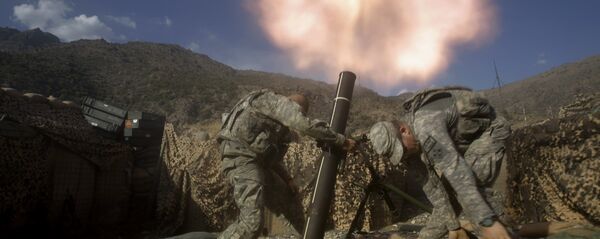Afghan Defense Ministry spokesman Gen. Mohammad Radmanish announced the initiative, which is planned to begin in December, possibly before the week is out.
"These operations are to chase the enemy — the terrorists who oppose the Afghan people and the Afghan National Defense Security Forces," he said.
It won't be their first go at it. US Forces Afghanistan (USFOR-A) attempted to stop the local Daesh branch, the so-called "Islamic State-Khorasan Province," or ISIS-K, from setting up shop in east Afghanistan in 2015. But their efforts failed, and the group has gained a foothold in the embattled Central Asian nation.
As the name suggests, this particular Daesh group is based out of Khorasan — but since then, they've been increasingly appearing in Jowzjan and Faryab provinces along the country's northern border with Turkmenistan. Stripes reports that most of the fighters have come from Pakistan's Tehrik-i-Taliban group, crossing the border for the promise of higher pay.
Not only that, intelligence reports have been trickling in that veteran fighters fleeing the collapse of the militant group's territory in Iraq and Syria may bolster ISIS-K's ranks in Afghanistan.
USFOR-A deny this to be the case, but press reports from AFP say that this transfer has already begun. They reported that militants were spotted entering Daesh-held territory in Jowzjan province in November — including several known to have been fighting in Iraq or Syria.
Lt. Col. Kone Faulkner, a US military spokesman, said that the Pentagon had "nothing substantial to corroborate those reports."
Regardless of whether Iraqi and Syrian fighters are joining ISIS-K, USFOR-A have made their intentions clear: the total annihilation of Daesh's presence in Afghanistan. "We're committed to their destruction wherever they appear across the country," said Gen. John Nicholson, who commands USFOR-A, in late November.
Nicholson added that the US has killed over 1,600 ISIS-K fighters across 1,400 ground operations and air strikes since March. Most notable was the dropping of a Massive Ordnance Air Blast bomb (MOAB), commonly known as "the mother of all bombs," on a Daesh cave network in April that killed an estimated 100 ISIS-K fighters.
ISIS-K has been linked to several destructive terrorist attacks, including an assault on local forces in the northern Sar-e-Pul province in August that left around 50 dead and a suicide bombing in Kabul that killed 14.
They are believed to have around 1,100 fighters spread throughout the country, down from a high of 3,000 at the beginning of 2017.





